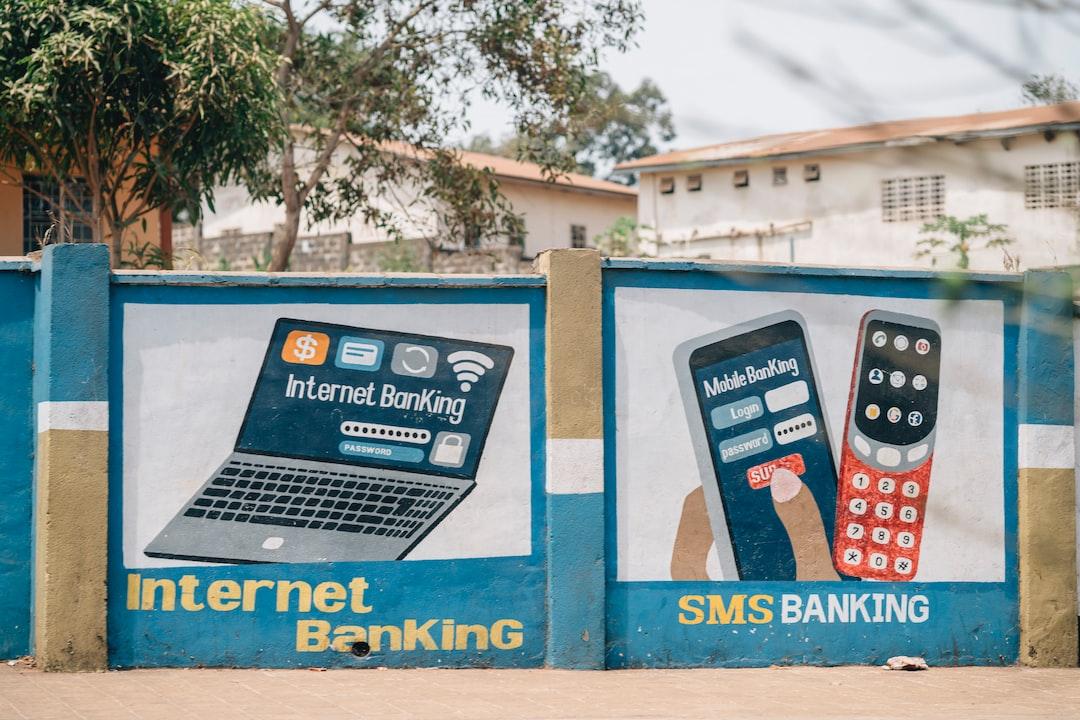Bitcoin (BTC) has been climbing steadily since its halving, rising from a low of 59.5k to its current level of 66k. Many people are wondering if there will be a bigger pullback. In the past halvings, the maximum pullbacks were -61.4%, -43.5%, and -56.6%. So far, this fourth halving has only experienced a pullback of -12%. It remains to be seen how history will unfold this time.
Recently, the International Monetary Fund (IMF) released a research paper on the cross-border flow of Bitcoin, focusing on measurement and driving forces. Some media outlets misinterpreted the title and mistakenly believed that the IMF had changed its stance on Bitcoin from opposition to support. However, the paper actually states that Bitcoin helps to circumvent capital flow restrictions and emphasizes the need for regulatory measures to cover cryptocurrencies.
The paper provides some interesting findings. By analyzing on-chain data from Chainalysis and over-the-counter (OTC) trading data from the now-closed Bitcoin trading platform LocalBitcoins, the researchers concluded that countries with limited global economic exposure are major users of Bitcoin for cross-border transactions.
The paper also highlights the significant inflow of traditional capital in the United States, making it an outlier. It suggests that excessive capital inflows may indicate an imbalance in the traditional economy.
In conclusion, the paper implies that countries with stricter capital controls tend to use Bitcoin as a “pressure valve.” However, it also raises questions about the supposed capital freedom in the United States compared to countries with tighter capital controls.
Overall, the paper sheds light on the cross-border flow of Bitcoin and its relationship with traditional capital flows. It is neither a complete endorsement nor a complete reversal of the IMF’s stance on Bitcoin.
Disclaimer: This translation is for informational purposes only and does not constitute investment advice. Cryptocurrencies are highly risky assets and participants should exercise caution and take responsibility for their own actions.


